ICYMI: the week's 7 biggest news story from the best smartphone for eclipse photography to Android Find My device
Missed the week's big tech news? Here's your firmware update
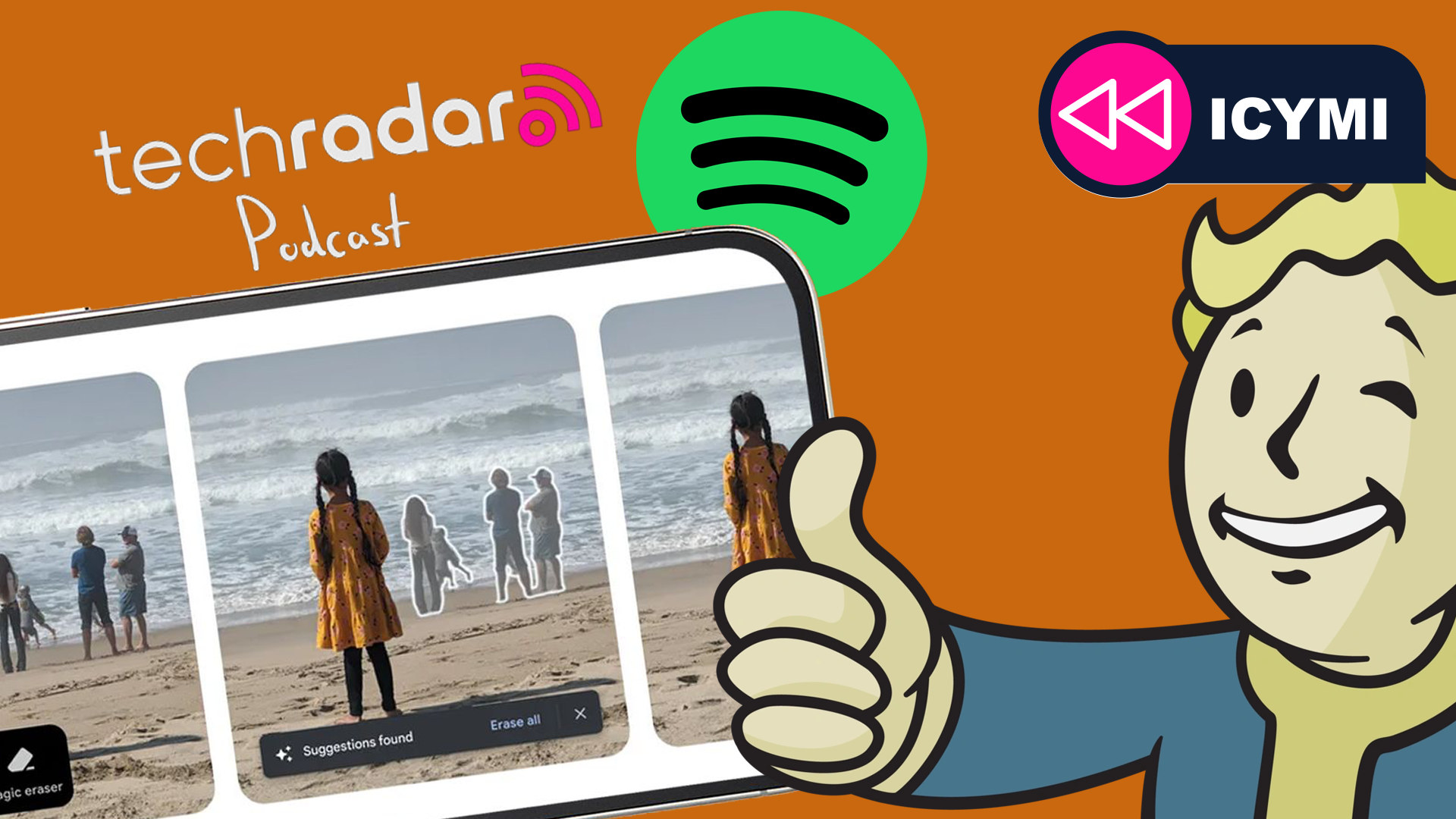
Tech. Tech never changes. Well… okay… tech does a lot of changing – there’s exciting new gadgets released everyday – but one constant in the space is the unrelenting speed with which hardware and software updates roll out (and we really wanted to make a Fallout reference because the new show is fantastic, more on that below).
It’s a flurry that we know can be a struggle to keep up with. So if you feel a little out of the loop on this week’s biggest news, and want to get back up to speed, we’ve collected the seven most important tech stories of the last seven days in this one article to help you out.
Below you’ll find quickfire recaps on all of the latest goings on in the technology space including major Google Photos AI updates, our Fallout thoughts, and which phone is best for eclipse photography. Let’s get into it.
7. We launched a new podcast!
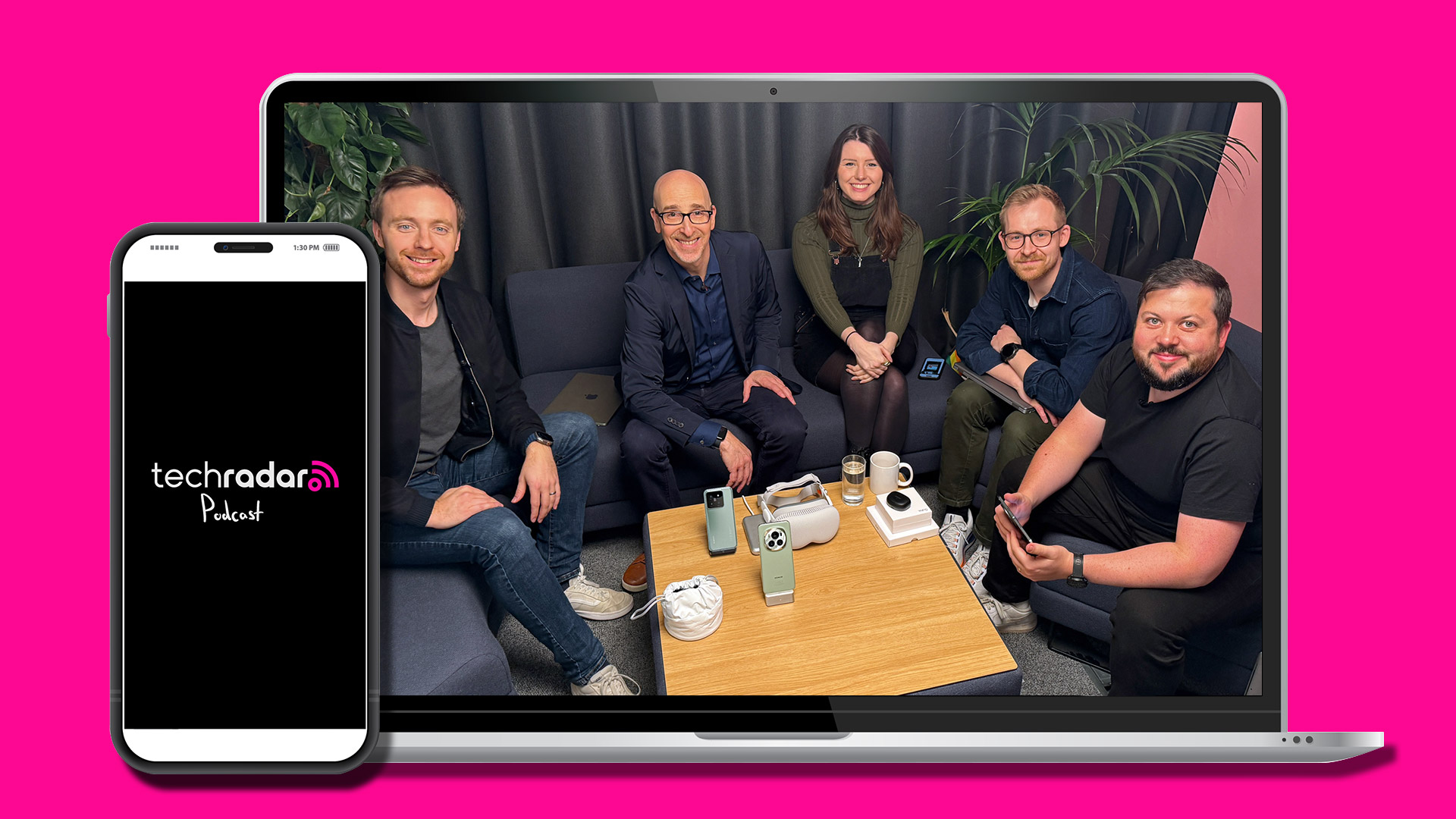
Of course the biggest tech news story of the week is we have a new podcast – very creatively called the TechRadar Podcast. We’ve taken all the tech chats we’d have on Zoom, Slack and at our desks and put them into a microphone – so you can expect more of the insightful, first-person experiential content we give you on the site in a new audio-and-video-based format.
In our first episode we give you a recap of the year in tech so far – discussing CES 2024 and AI highlights – and show off a demo of the Apple Vision Pro. The show is hosted by our Editor at Large Lance Ulanoff, with Josephine Watson (Managing Editor, Lifestyle), Alex Walker-Todd (Senior Phones Editor) and Matt Evans (Fitness, Wellness, and Wearables Editor) lending their expertise, too. And as a futher bonus we were joined by Tom, The Tech Chap.
It’s available to listen to right now on YouTube and Spotify, and it should be appearing in other podcast feeds over the next few days!
6. Windows 11 got an upgrade
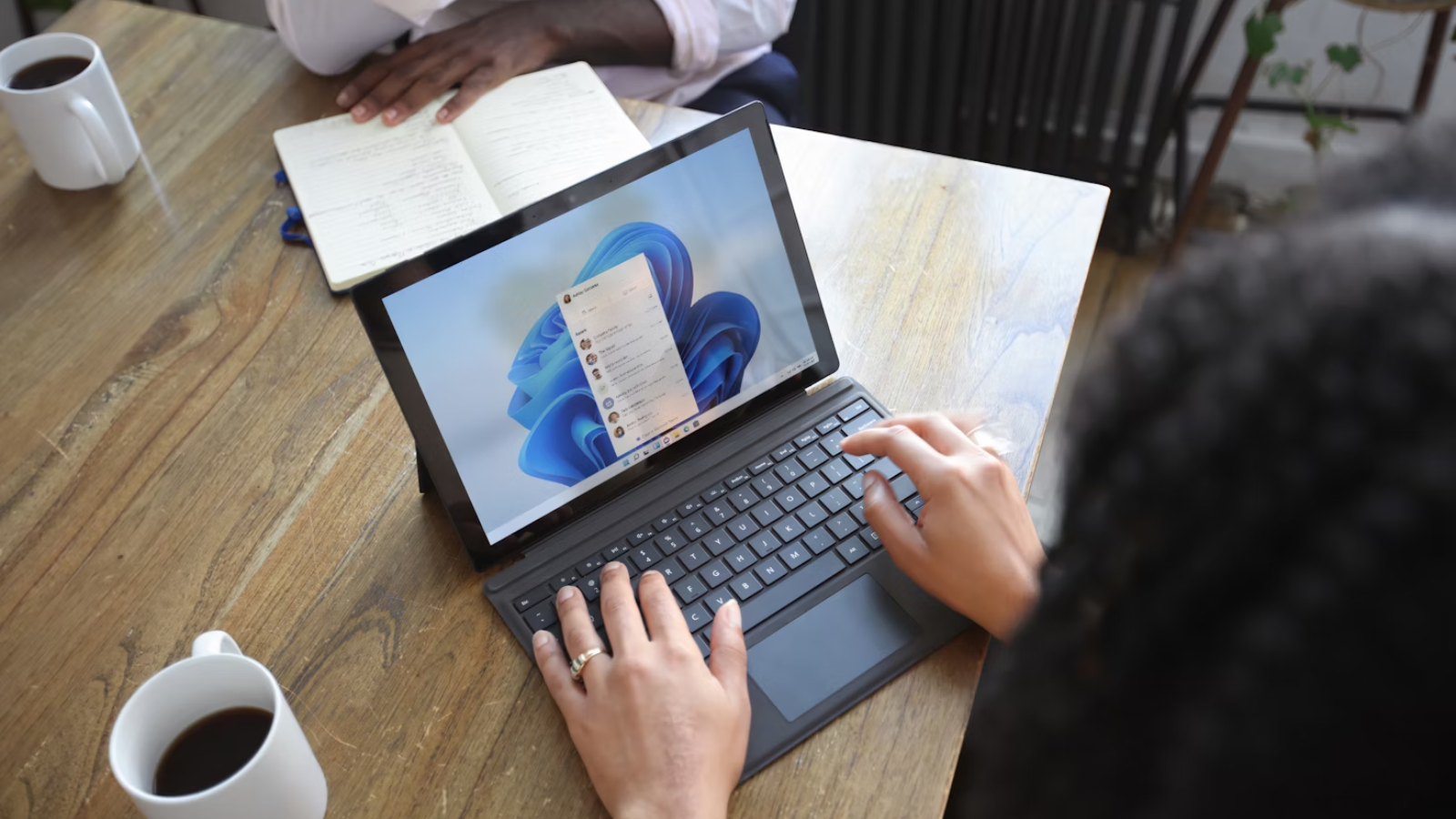
Microsoft really wants you to upgrade to Windows 11 – with Reddit users reportedly seeing intrusive warning screens that advise them to download the latest Windows OS on their Windows 10 machines. Now, to help convince you to make the change, there’s a new Windows update with some interesting new features.
Sign up for breaking news, reviews, opinion, top tech deals, and more.
These include the Photos app getting a version of Google’s AI-powered Magic Eraser, and Nearby Share getting speed and reliability upgrades. Copilot also got some improvements you try out now, such as plug-in support for third-party services.
That said, Copilot also got a downgrade for some users, as Windows Insiders are saying the AI helper now launches on startup automatically in Windows 11 preview builds – which many have said they find frustrating.
- Read more: Windows 11’s next big update is here
5. We saw how well smartphones captured the eclipse
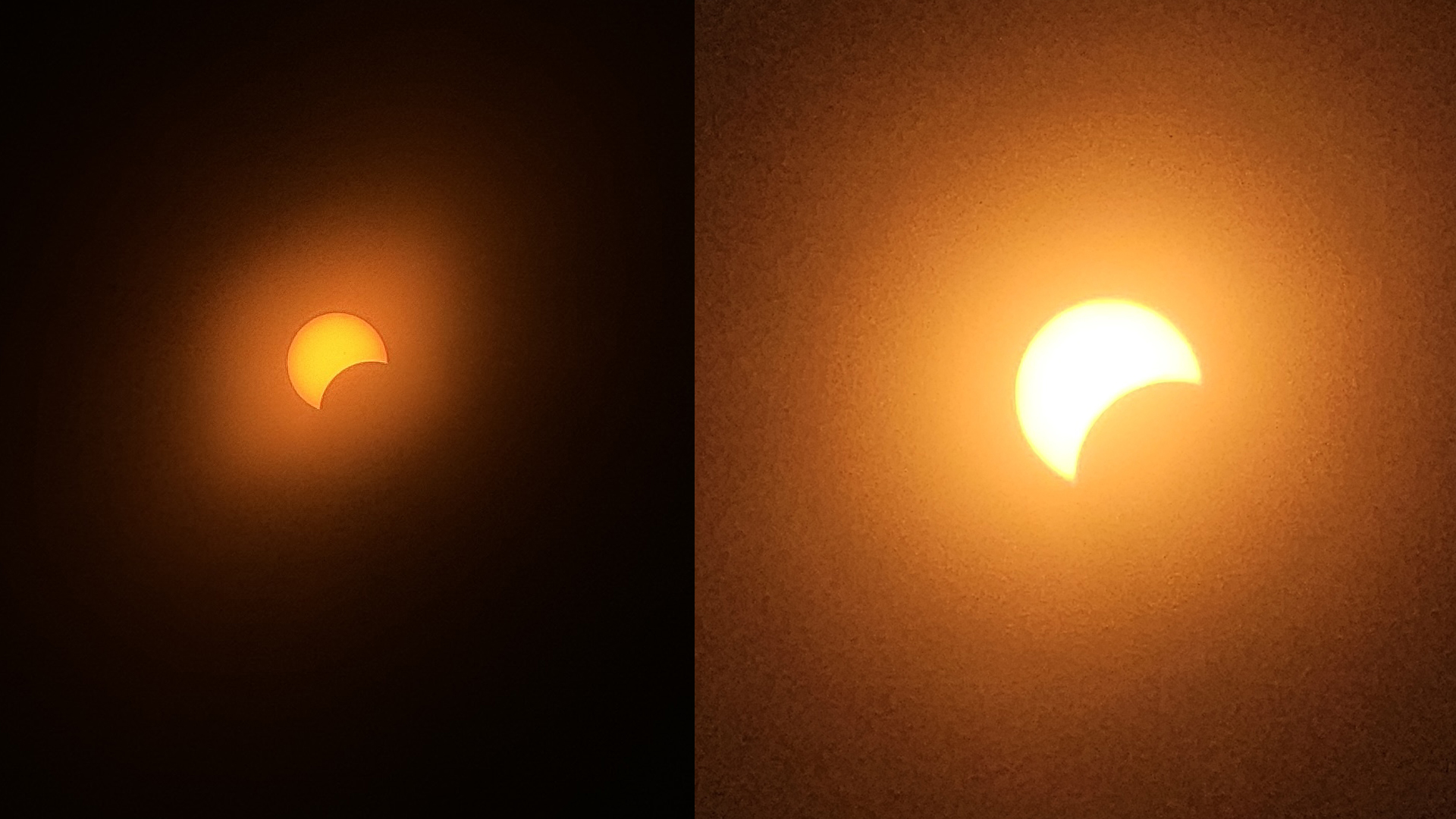
Everyone thinks their flagship smartphone is best and they especially have opinions about the cameras. Editor at Large Lance Ulanoff has tried and tested a lot of these phones and their camera arrays, so he decided to put them to the ultimate celestial test: The US Solar Eclipse.
It was an amazing show – even if New York City didn’t get totality – and a great showcase for the optical zoom capabilities of the iPhone 15 Pro Max, Google Pixel 8 Pro, and Samsung Galaxy S23 Ultra. The only rule was no digital zoom.
The photos, which only worked because we used three tripods and an eclipse glasses lens as a filter, were way better than we expected. You might, though, be surprised by which phone did best.
- Read more: I shot the eclipse with an iPhone 15 Pro Max, Google Pixel 8 Pro and a Samsung Galaxy S23 Ultra
4. Spotify’s playlist-making AI brought the party
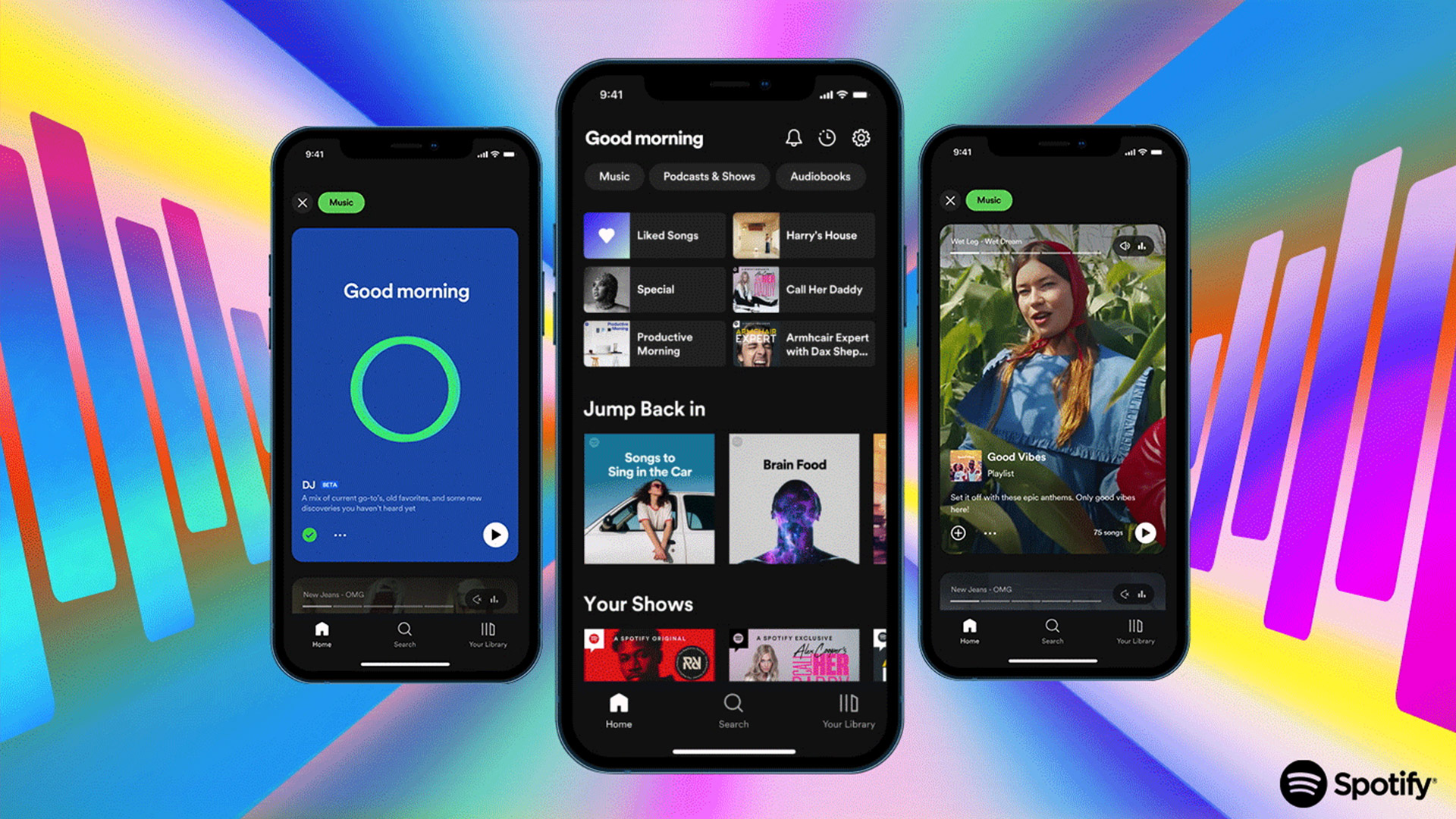
Spotify has been steadily integrating more AI into its music streaming platform, and it’s now released a playlist-making bot for all Premium subscribers in the UK and Australia.
It’s in beta, currently – read: it’s a little rough around the edges – but the idea is you give the AI a prompt like “hard hitting beats that’ll help me ace my next workout” or "relaxing music to tide me over during allergy season" and it’ll spit out a selection of tracks.
There are some prompt restrictions, for instance you can’t make playlists for current events, for brands or use offensive language – but you can have a lot of fun with the tool. And if it doesn’t get things quite right you can add follow up prompts such as "more death metal" or "less upbeat" to fine-tune the selection. And of course you can also straight up delete tracks you hate.
3. Google gave away its Magic Editor – kinda
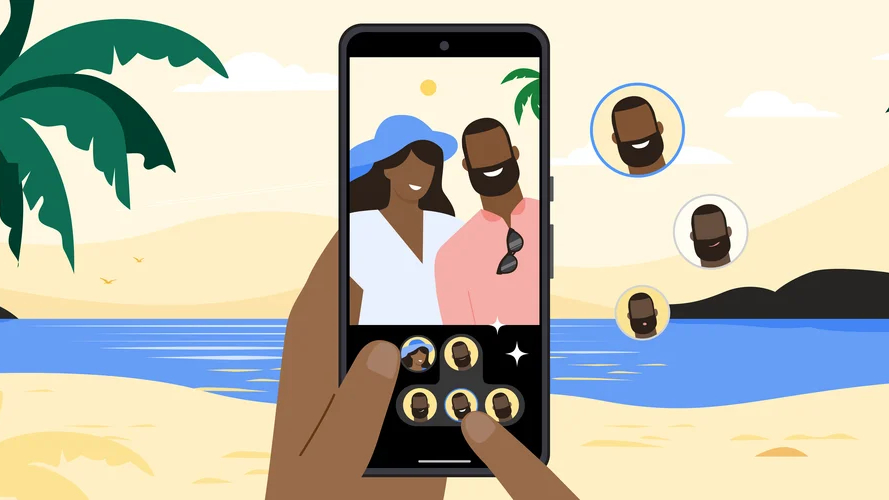
Google’s impressive AI image editing software, Magic Editor, is currently exclusive to paying Google One subscribers and Google Pixel 8 – or Pixel 8 Pro – phone owners, but this week Google announced that come May 15 all Google Photos users will have access to the tool for free.
Thanks to Magic Editor you can erase annoyances in your shot, reposition your subjects, cleverly adjust the lighting, and unblur your snaps to help make your favorite shots look even better – all you need is Google Photos and a smartphone with at least 3GB RAM and that's running Android 8.0 / iOS 15 or higher.
Unfortunately, the free version only allows you to save 10 edited images a month but if you like the service you can pay for Google One or buy a Pixel phone to remove the restriction.
2. Fallout blew us away
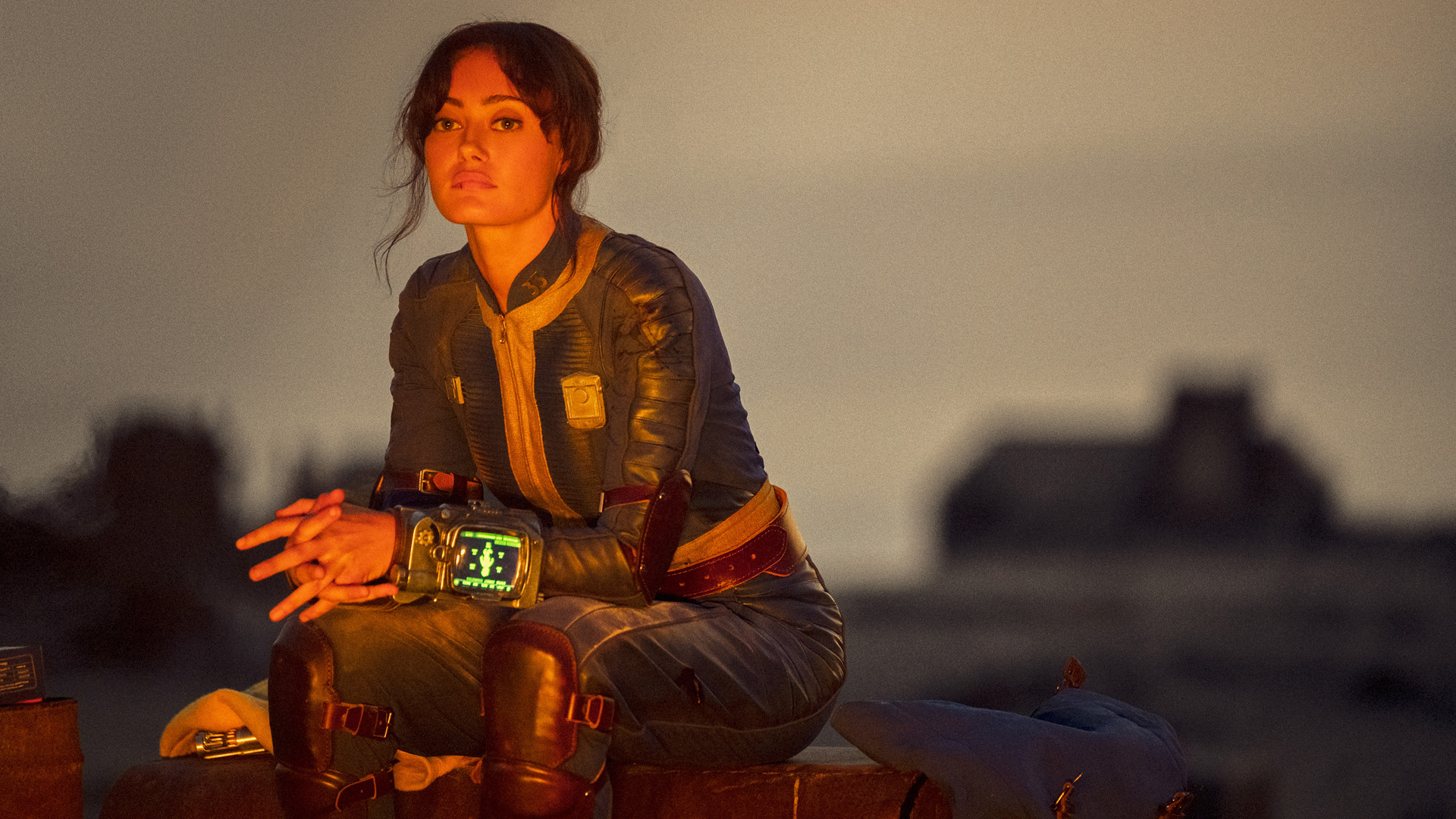
Prime Video's hotly anticipated Fallout show released this week, and it continues the golden age of video game adaptations we've seen in recent years through Netflix's Castlevania and Arcane, HBO’s The Last of Us, and even the big-screen takes on Sonic and Mario.
We watched the first four episodes, and found the ambitious adaptation is nothing less than "atomically entertaining" with a "satisfying blend of source material devotion and narrative originality." Sure, there's odd bump in the road, but these blemishes do little to spoil the luster of what is yet another fantastic video-game-to-TV adaption.
If you want to watch it yourself then you can binge the whole eight-episode first season on Prime Video right now.
- Read more: Fallout season 1 is Prime Video’s explosively entertaining addition to the golden age lineup of video game adaptations
- Read more: Amazon's Fallout TV show includes 'the one thing we could never do', Bethesda boss Todd Howard says
1. Google launched its take on Apple’s Find My network
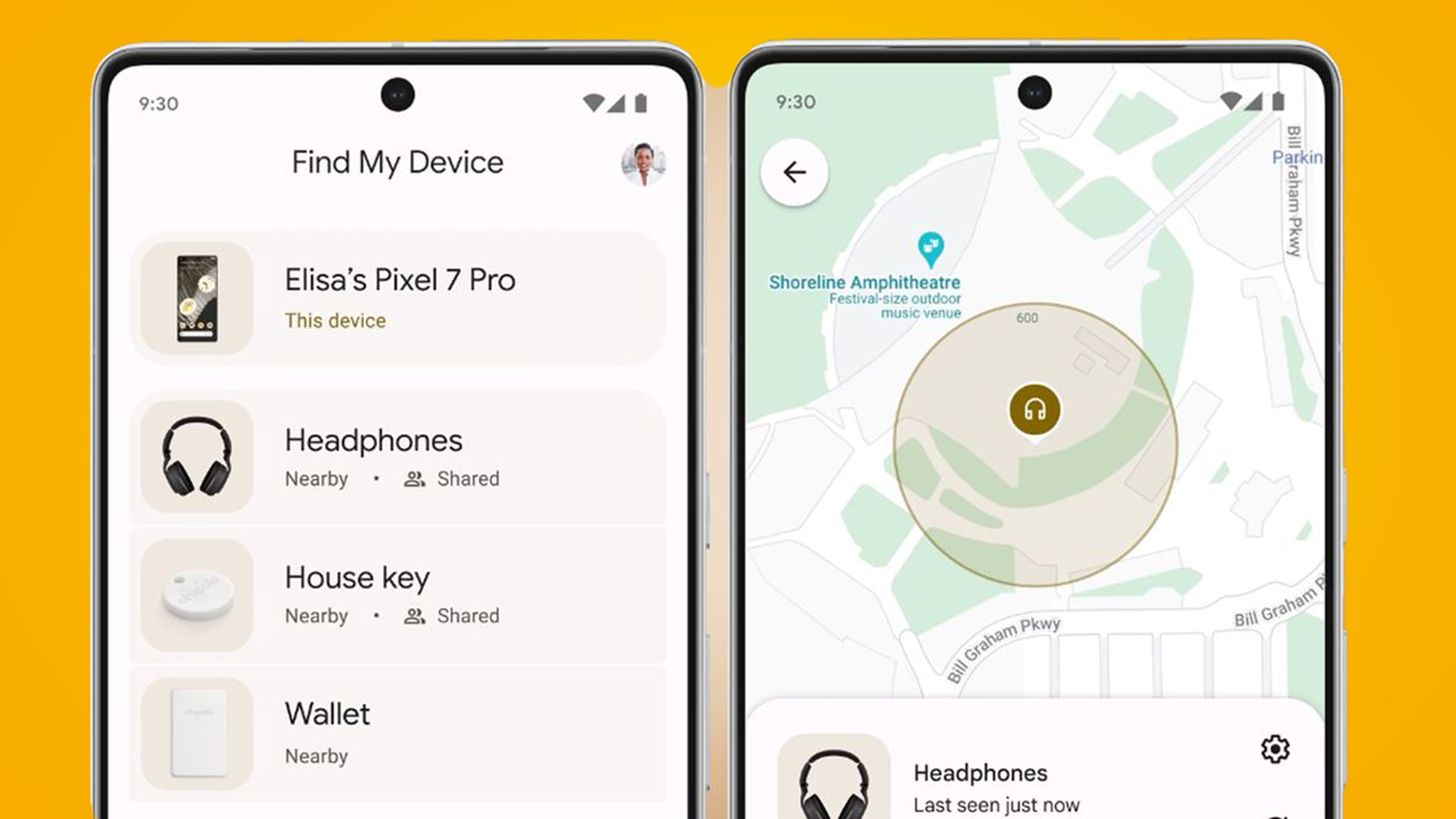
Android fans have been waiting for more than a year for Google’s rebooted Find My Device network – and this week it finally arrived. The feature, which is rolling out worldwide starting in the US and Canada, works in much the same way as Apple’s Find My network. Because it anonymously piggybacks millions of Android devices around the world, the network can show you precisely where your lost phone is – even if it’s offline.
If you have a Google Pixel 8 or Pixel 8 Pro, the network even helps you find your phone when it’s powered off. We’ve also just seen the arrival of the first Find My Device-compatible trackers, courtesy of Chipolo and Pebblebee, which attach to your wallet, keys or luggage. We might attach one to our cat too, just to foil its hide-and-seek plans.

Hamish is a Senior Staff Writer for TechRadar and you’ll see his name appearing on articles across nearly every topic on the site from smart home deals to speaker reviews to graphics card news and everything in between. He uses his broad range of knowledge to help explain the latest gadgets and if they’re a must-buy or a fad fueled by hype. Though his specialty is writing about everything going on in the world of virtual reality and augmented reality.
- Lance UlanoffEditor At Large
- Mark WilsonSenior news editor